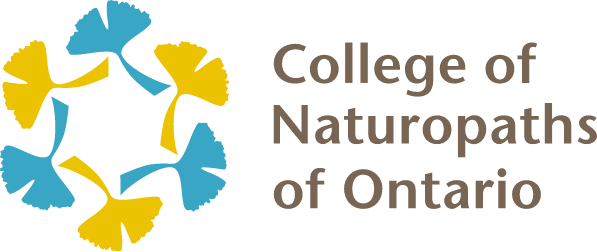Moving Between Regulated Provinces
If you would like to begin practising in other provinces across Canada, there are a few things you need to consider.
Under the Canadian Free Trade Agreement (CFTA), practicing naturopaths working in a regulated Canadian jurisdiction may apply for a certificate of registration in another regulated Canadian jurisdiction based on their existing registration. You can find more information in the Registration Policy and the Application for Registration Handbook.
Key points to remember:
- The Canadian Free Trade Agreement (CFTA) promotes labour mobility between provinces and territories;
- In the context of naturopaths, it applies only to individuals who are already registered or licensed by a Canadian naturopathic regulatory authority;
- It only applies to a certificate of registration and does not necessarily apply to post-registration certifications;
- Individuals must complete an application for registration in the second jurisdiction and will be required to meet some registration requirements.
- It is not a transfer of an existing registration, which will remain in place in the original jurisdiction unless you resign.
- It does not apply to anyone who is not already registered, i.e., naturopathic students or graduates.
Labour mobility
Labour mobility is “the ability of certified workers to practise their regulated occupation, throughout Canada, wherever opportunities to work in that occupation exist”. The CFTA includes the same labour mobility provisions and requirements that were set out in the original agreement, the 1995 Agreement on Internal Trade (AIT).
The CFTA requires that certified workers must be recognized to work in another province or territory that regulates that profession without going through significant additional training, work experience, examination or assessment, unless an “exception” has been filed.
Only professions with major differences in requirements between provinces were required to register an exception under the AIT. Because no exceptions were registered for the naturopathic profession, naturopaths from one jurisdiction can be recognized in others without difficulty.
Applicable requirements
Since no exception between entry-to-practise requirements has been filed, the requirements are considered to be essentially the same. However, provinces and territories are permitted to evaluate an application for things like good character, and to require additional training in areas such as jurisprudence.
The process in Ontario
To move between provinces where naturopaths are regulated, you must first apply to the new jurisdiction.
In Ontario, the application process asks whether you are applying under the provisions of the CFTA by submitting the Application for Pre-Registration Form. If you are, the non-exemptible requirements such as education and examinations are considered to be met.
You must then complete the Step 2 application form, which asks questions about your character. You are also required to complete the Jurisprudence exam, which is an online learning module that confirms you understand the rules governing naturopaths in Ontario.
If you are already registered in another jurisdiction, your application can be processed within 7–10 business days. However, if there are any concerns about your ability to practise safely and ethically, the CEO may refer you to the Registration Committee for further consideration.
For example, an applicant who discloses that they were found guilty of a criminal offence may be referred to the Registration Committee for review. The Registration Committee will review information provided by the applicant and determine whether they can practise safely and ethically. The Registration Committee then directs the CEO to either:
- not register the Applicant;
- register the Applicant with certain terms, conditions or limitations (TCLs) on their certificate;
- register the Applicant after additional education relating to the concern; or
- direct the CEO to issue a certificate of registration.
Where TCLs can and cannot be applied
While the profession is largely the same across Canada, there are some differences. For example, a naturopath registered in BC may not have been educated and tested in acupuncture. Under the CFTA, Ontario is not permitted to limit the applicant’s certificate of registration prohibiting the performance of acupuncture. We do, however, caution the applicant that they will need additional education and training before actually practising acupuncture to ensure they can perform it safely and competently.
However, if the naturopath had a TCL on their certificate of registration in their original province, that same TCL can be applied here. For example, a naturopath in Alberta who is not permitted to perform internal examinations would have the same limitation here.
Post-registration certifications
The CFTA obligations only apply to the original certificate of registration. It does not apply to any certifications obtained after initial registration. For example, the certification of a naturopath in Ontario who has met the IVIT Standard of Practice may not be recognised by another regulated province. That is at the discretion of each jurisdiction.
In Ontario, the College recognizes prescribing authority. A naturopath from another Canadian province who has successfully completed the BC Therapeutic Prescribing Course and Examination may have that certification recognized in Ontario, depending on the timing. However, the College does require that the new Applicant complete the Ontario Regulation module within our therapeutic prescribing course. No further examination is required.
